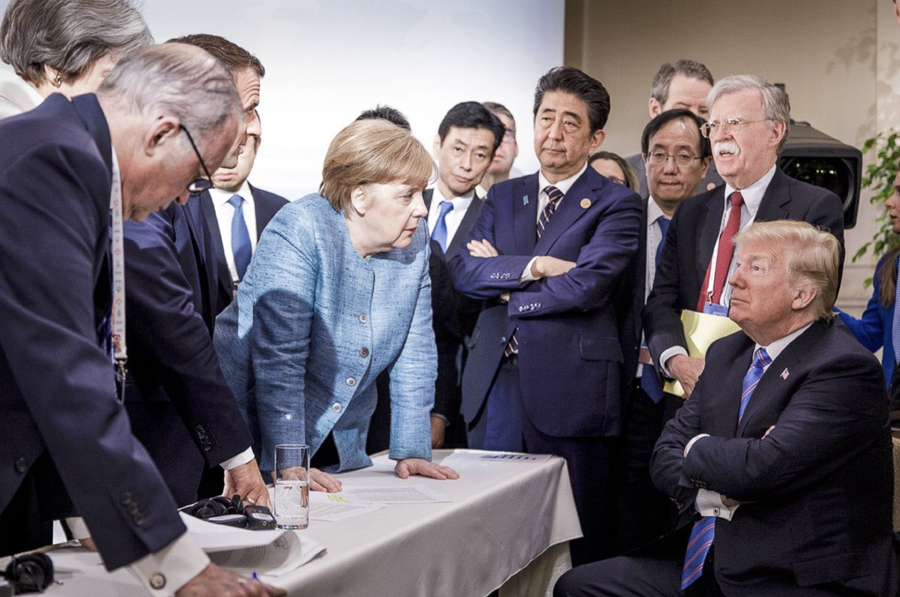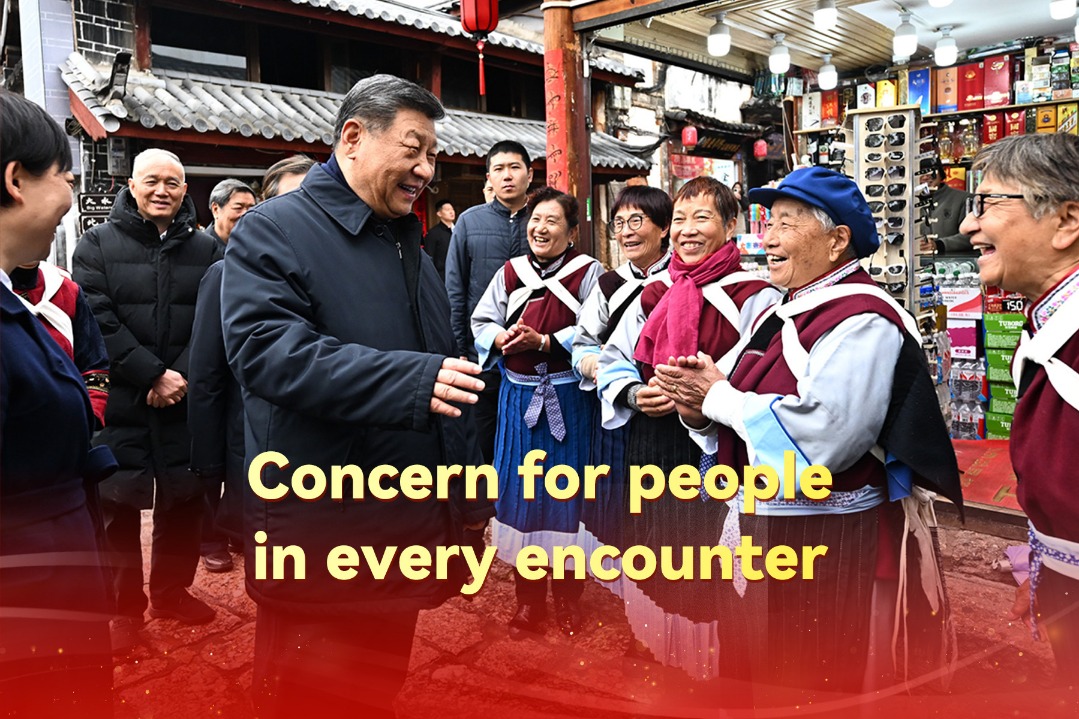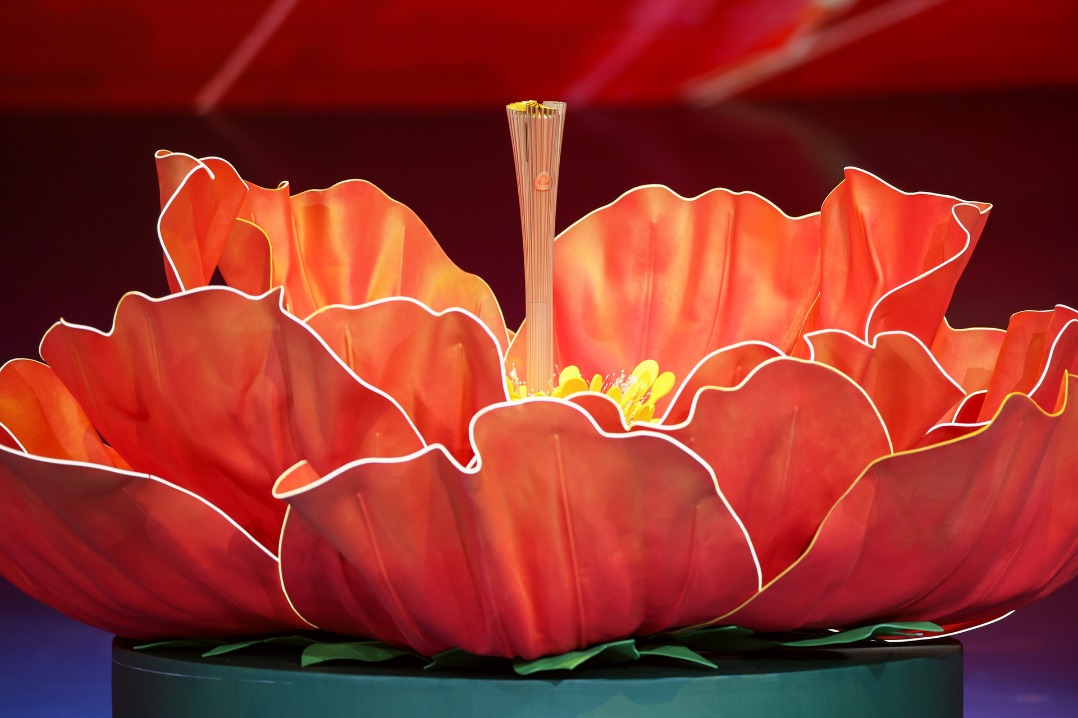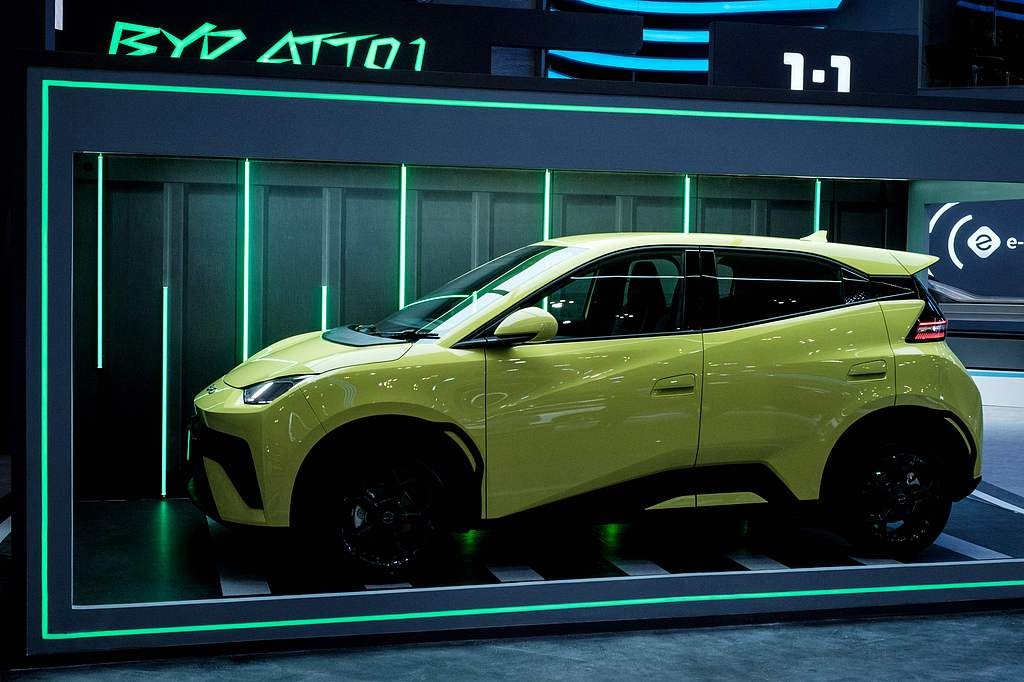Changed global political landscape has left G7 outdated and divided: China Daily editorial


The iconic picture showing German Chancellor Angela Merkel and other leaders standing over a seated Donald Trump at the G7 summit in Quebec, Canada, in 2018 vividly captured the discord among the seven most industrialized economies after Trump entered the White House.
There is the possibility that this year's summit, already under the shadow of the novel coronavirus pandemic, may turn out to be even more disastrous than the Quebec meeting. To start with, the
world may not have a chance to witness a family photo at all as Merkel, citing the pandemic crisis, rejected the US leader's proposal to hold a face-to-face G7 summit in Washington in late June.
On Saturday, the US president expressed his intention to delay the annual G7 summit until September. Putting aside the question of will it be a real or virtual summit, at the moment one thing is certain — he has again sowed the seeds of trans-Atlantic discord by suggesting that the group be expanded to include Russia.
The US leader's suggestion drew an immediate kickback from the European Union, which has long rejected the idea of inviting Russia back into the transatlantic fold due to the Ukraine issue. The 27-nation EU, the world's biggest trading bloc, also takes part in the summit alongside G7 countries — Canada, France, Germany, Italy, Japan, the United Kingdom and the United States.
Repeating the bloc's opposition toward Russia's participation on Tuesday, EU foreign policy chief Josep Borrell said that while the US, as this year's chair, can issue guest invitations, it is not entitled to change the membership or the format of the G7 on a permanent basis.
The US president has already extended an invitation to Russia to attend the summit, and he has also invited Australia, India and the Republic of Korea to join the talks. He also reportedly spoke to Brazilian President Jair Bolsonaro on Monday about Brazil's participation in the meeting.
But the US leader was right in suggesting that the G7 is "a very outdated group of countries". In fact, he was not alone in questioning the significance of the G7 against a much changed global political and economic landscape. The influence of the club of Western developed countries has obviously waned in recent years as it lost luster and appeal with the establishing of other international groups which have much larger representation, especially the G20.
Unlike the G7, the G20 includes as members major developing countries such as China and India. It has played a leading role in world economic governance in recent years while shoring up the spirit of multilateralism which is crucial to world governance and international cooperation.
Given that, it may not be a bad thing that by creating divisions the US president is further marginalizing the G7 on the world stage.


































